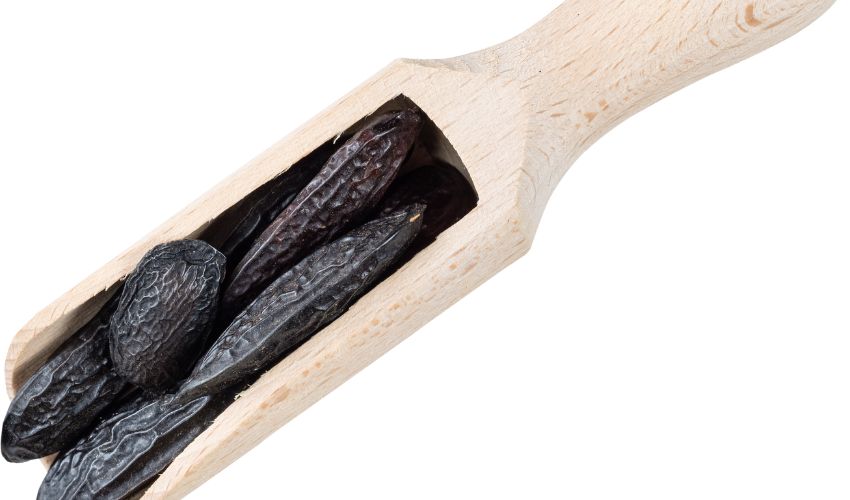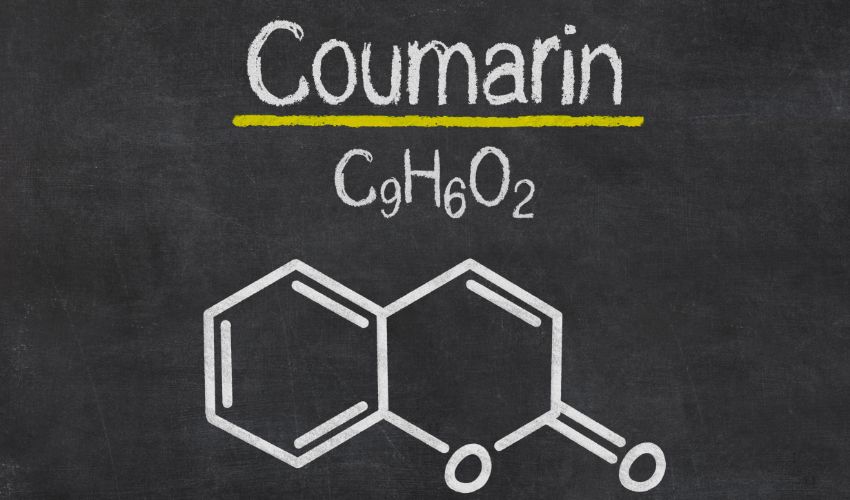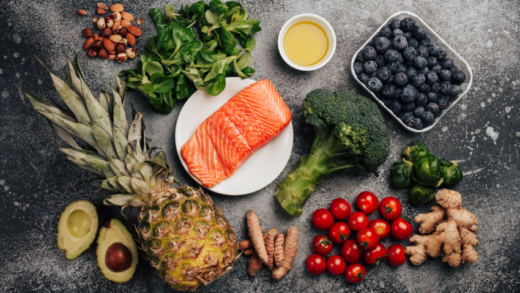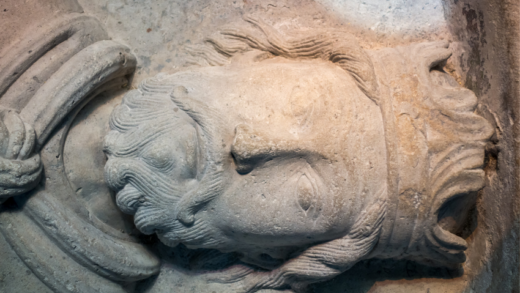Coumarin is a fragrant compound found in several plants, including cinnamon, lavender, and tonka beans. It has a sweet aroma and is often used in perfumes and flavorings. Coumarin has also been found to have several health benefits, including as an anticoagulant and anti-inflammatory agent. In this article, we’ll delve into the world of coumarin and explore its uses and benefits.
What is Coumarin?
Coumarin is a natural substance found in several plants, including cinnamon, tonka beans, and sweet clover. It has a sweet aroma that is often described as similar to vanilla or cinnamon. Coumarin is often used in perfumes and flavorings to add a sweet, warm note. It is also used as a fragrance in soaps and cosmetics.

Health Benefits of Coumarin:
Coumarin has several health benefits, including as an anticoagulant, anti-inflammatory, and anti-tumor agent. Here are some of the key health benefits of coumarin:
- Anticoagulant: Coumarin has been found to have anticoagulant properties, which means it can help prevent blood clots. This makes it useful in the prevention and treatment of conditions such as deep vein thrombosis, pulmonary embolism, and stroke.
- Anti-inflammatory: Coumarin has anti-inflammatory properties, which means it can help reduce inflammation in the body. This makes it useful in the treatment of conditions such as arthritis and other inflammatory disorders.
- Anti-tumor: Coumarin has been found to have anti-tumor properties, which means it can help prevent the growth and spread of cancer cells. It has been found to be effective against several types of cancer, including breast, lung, and liver cancer.
Uses of Coumarin:
Coumarin is used in several industries, including the fragrance and flavor industry. Here are some of the key uses of coumarin:
- Fragrance: Coumarin is often used as a fragrance in perfumes, soaps, and cosmetics. Its sweet aroma adds a warm note to fragrances and can be found in several popular perfumes.
- Flavoring: Coumarin is also used as a flavoring in several food products, including baked goods, candy, and soft drinks. Its sweet, warm flavor is often described as similar to vanilla or cinnamon.
- Medical: Coumarin is used in the medical industry as an anticoagulant and anti-inflammatory agent. It is used to prevent blood clots and reduce inflammation in the body.
Frequently Asked Questions:
Is coumarin safe to consume?
Coumarin is safe to consume in small amounts, but excessive consumption can be harmful. Coumarin can cause liver damage and should be avoided by people with liver disease.

Is coumarin a natural substance?
Yes, coumarin is a naturally occurring substance found in several plants, including cinnamon, lavender, and tonka beans.
Is coumarin used in the fragrance industry?
Yes, coumarin is often used as a fragrance in perfumes, soaps, and cosmetics. Its sweet aroma adds a warm note to fragrances and can be found in several popular perfumes.
Can coumarin prevent blood clots?
Yes, coumarin has been found to have anticoagulant properties, which means it can help prevent blood clots
Are there any side effects of consuming coumarin?
Yes, consuming excessive amounts of coumarin can cause liver damage, nausea, vomiting, and diarrhea. It can also interact with certain medications, such as blood thinners, and should be avoided by people with liver disease.
Is coumarin used in traditional medicine?
Yes, coumarin has been used in traditional medicine for centuries. It has been used to treat a variety of conditions, including headaches, fever, and coughs.
Conclusion:
Coumarin is a naturally occurring substance with a sweet aroma and several uses, including in perfumes and flavorings. It has also been found to have several health benefits, including as an anticoagulant, anti-inflammatory, and anti-tumor agent. While coumarin is generally safe to consume in small amounts, excessive consumption can be harmful and should be avoided. Overall, coumarin is a versatile and useful substance with a rich history in both traditional medicine and modern industry.






















